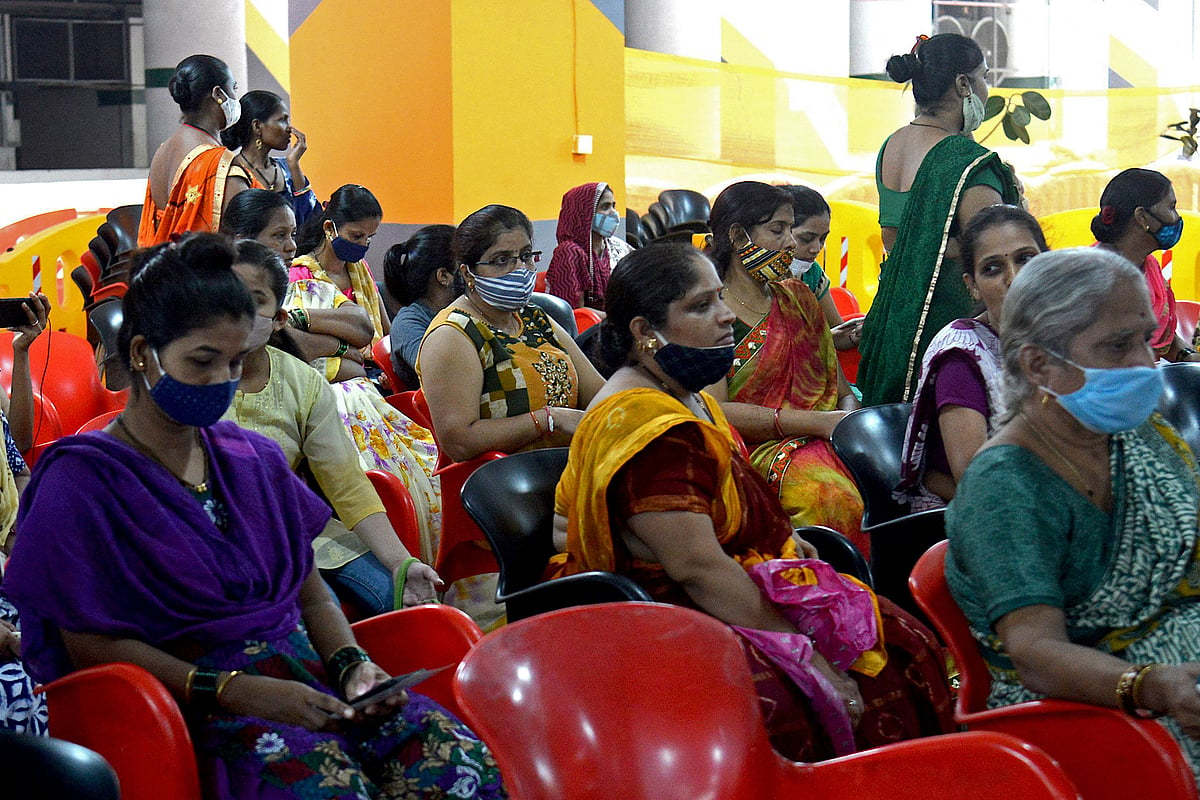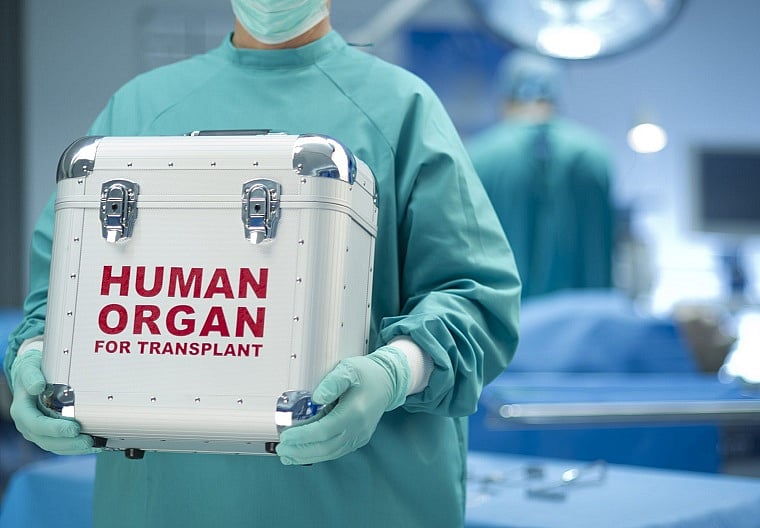Covid-19 has disrupted every facet of life of people throughout the world. It had caused the unprecedented meltdown of the healthcare system, disrupted the economies, and claimed the lives of millions. Countries have had significant challenges in their organ donation and transplantation programs due to Covid-19, especially those hard-hit by the pandemic. The government and healthcare agencies must take the necessary steps to overcome these challenges. Awareness and understanding in youths may play a critical role in the success of organ donation and transplant programs.

Impact of Covid-19 on organ donation
Several countries, including India, have reported a reduction in the rate of organ donations and organ transplantation. France, United States, and the United Kingdom have more than 50% reduction in organ transplantation activity. Australia also has a 27% decrease in kidney transplants, 12% in lung transplants, and 26% in heart transplants.
There has been a significant impact of Covid-19 on living kidney transplantations both in number and delay in transplant surgeries due to fear of covid infection before or after surgery. Similarly, there has been a drop in the number of deceased organ donations ever since the Covid-19 pandemic started, which altered the demand and supply of organs all over the globe. In addition, there has been some increase in the number of patients needing lung transplantation due to severely damaged lungs due to covid infection.
There are several reasons for this degrowth during the pandemic. The risk of coronavirus transmission to the donors, recipients, and healthcare team is a significant concern. Further, the healthcare system directs the resources for the treatment of Covid-19 patients. Another important reason is the reduced traffics due to lockdown resulting in fewer accidents, and it reduces the number of brain death and head injury-related organ donors.
Lockdown had also restricted the travelling to the organ donation centres, especially when they are living outstation. Covid-19 has increased the waiting time for organ transplantation resulting in the death of critical patients. The procedure becomes more troublesome due to the increased financial burden on the recipient’s family. The recipient, the donor, and the healthcare team had to undergo Covid-19 tests several times.
Solutions to scarcity of organs
There are several methods to improve the availability of organs. Spreading awareness about organ donation and busting the related myths are vital for improving the organ donation rate. There is an immediate need to overcome the societal and distrust barriers. Lack of family support and doubt in the healthcare system have also lowered the rate of organ donation. The law and procedural formalities related to organ donation and transplantation are complex. There should be a balance between the easy organ donation process and strict guidelines to prevent organ donation as a business.
Spreading awareness
There is a lack of awareness about organ donation. In a study conducted in 2018, although all participants were aware of organ donation, less than half have the information that they can donate the organs in both alive and deceased states. Only 10% of the participants were aware that they give their organs even when living. Over 75% of the people in the study were unaware of the medical risks to the donor. About 28% of the people were unaware that accepting monetary benefits for organ donation is illegal in India.
Role of youth
Youth can play a crucial role in increasing the rate of organ donation. It is necessary to raise awareness about the need and benefit of organ donation. The youth have the potential to convince the family members of organ donation. Several government organisations and NGOs have now focused on youth for organ donation by organizing the marathons and distributing caps or t-shirts as a souvenir. Society has witnessed a positive effect of these efforts. Between 2010 to 2018, 81% of the people, who have signed the pledge, were in the age group of 18-40 years.
(The writer is a Consultant — Nephrology, Manipal Hospitals Whitefield )













